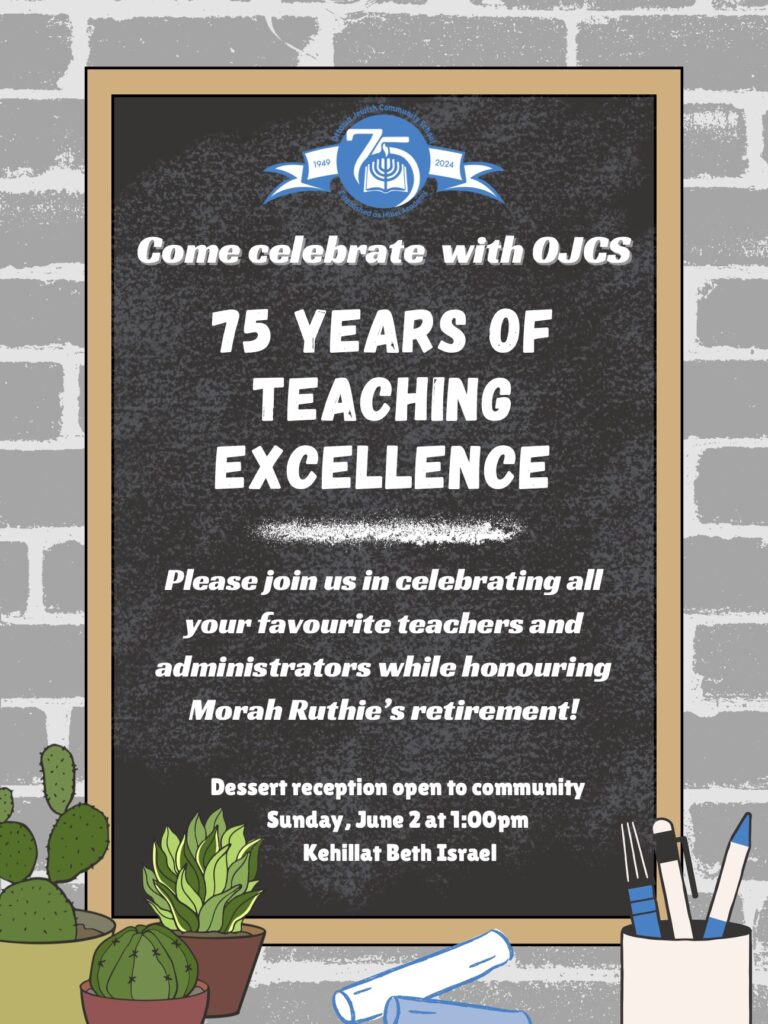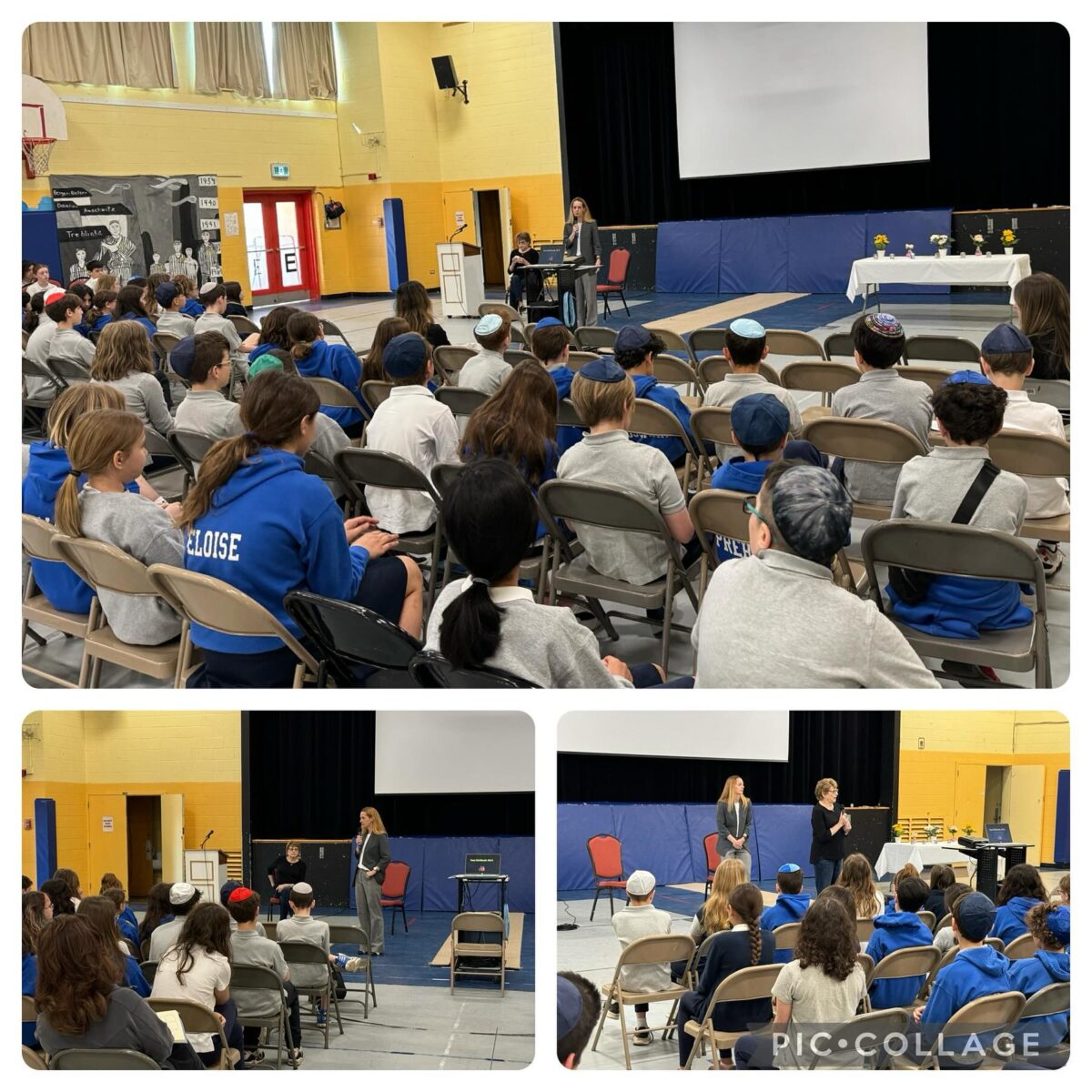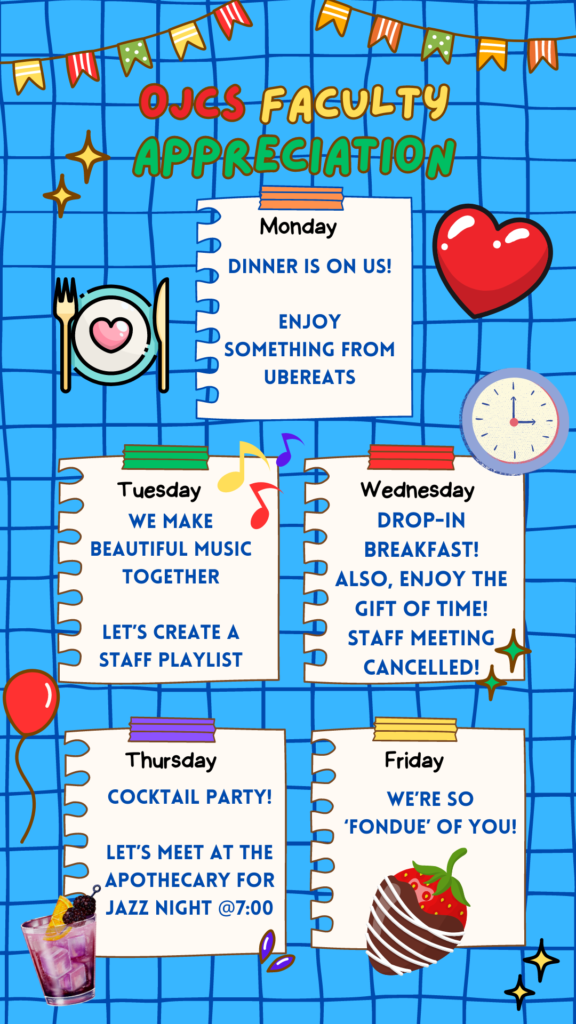Here are the words I shared with Kitah Bet this morning in celebration of their Chaggigat Ha’Torah:
There is a time to count, like one does when counting one’s blessings, and there is a time to be counted, like one does when showing up for oneself, one’s family, and one’s community. Today is a rare opportunity to do both.
Today we celebrate the gift of Torah and in this week’s reading of it – in Parashat Bamidbar – we read about the census of the Israelites in the wilderness. This detailed counting of each tribe and individual highlights the significance of every member within the community. Each person’s unique role and contribution are recognized and valued. This notion resonates deeply with us today, as we witness the power of Jewish unity and collective strength in the face of recent challenges.
The tragic events of October 7th tested and continue to test our community in unimaginable ways. Yet, amidst the darkness, we have seen an extraordinary outpouring of support, solidarity, and resilience. There have been times when we have huddled together and counted our blessings, but also times when we have stood up and been counted as we rally and publicly #StandWithIsrael.
When we come together to celebrate our children’s first accomplishments in the study of Torah with the gift of Torah, we are not only honoring their individual achievements, but also reinforcing the bonds that tie us together as a community. Your choice to provide your children with a Jewish day school education is a powerful statement. It connects your children to the generations who came before, and to those yet to come. Your choice joins your family story to the larger Jewish story, honors our past, and secures our future through the learning and experiences you have made possible for their Jewish present. This choosing to be chosen, the unique nature of Jews who both have to and get to choose to be Jewish, feels so much more powerful this year in light of the world around us.
Our act of giving these sifrei torah to our children today is more than a ceremony; it is a reaffirmation of our commitment to Jewish continuity and resilience. Each time we gather as a community to study, read and celebrate Torah, we engage in a public act of Judaism that is itself a living expression of Torah. By showing up, by being present and publicly Jewish, we live our own torah and are counted within the Jewish People’s shared destiny of meaning. We demonstrate to our children that Judaism is not just a private faith, but a public declaration of who we are and what we stand for. Each act of Jewish learning, and each celebration we share is a thread woven into the fabric of our collective Jewish identity.
That is why, as was true with the siddur they received at the end of Kitah Alef, the Torah they receive at the end of Kitah Bet is not intended to be a trophy to sit upon a shelf, but a tool to continue the Jewish journey they are just beginning. It is our hope and our prayer that the work we have begun together as partners – parents and teachers; home and school – continues in the years ahead to provide our children with Jewish moments of meaning and Jewish experiences of consequence so that they can continue to receive and accept Torah in their own unique way, infused by a love of Judaism, informed by Jewish wisdom and aligned with Jewish values.
Ken y’hi ratzon.

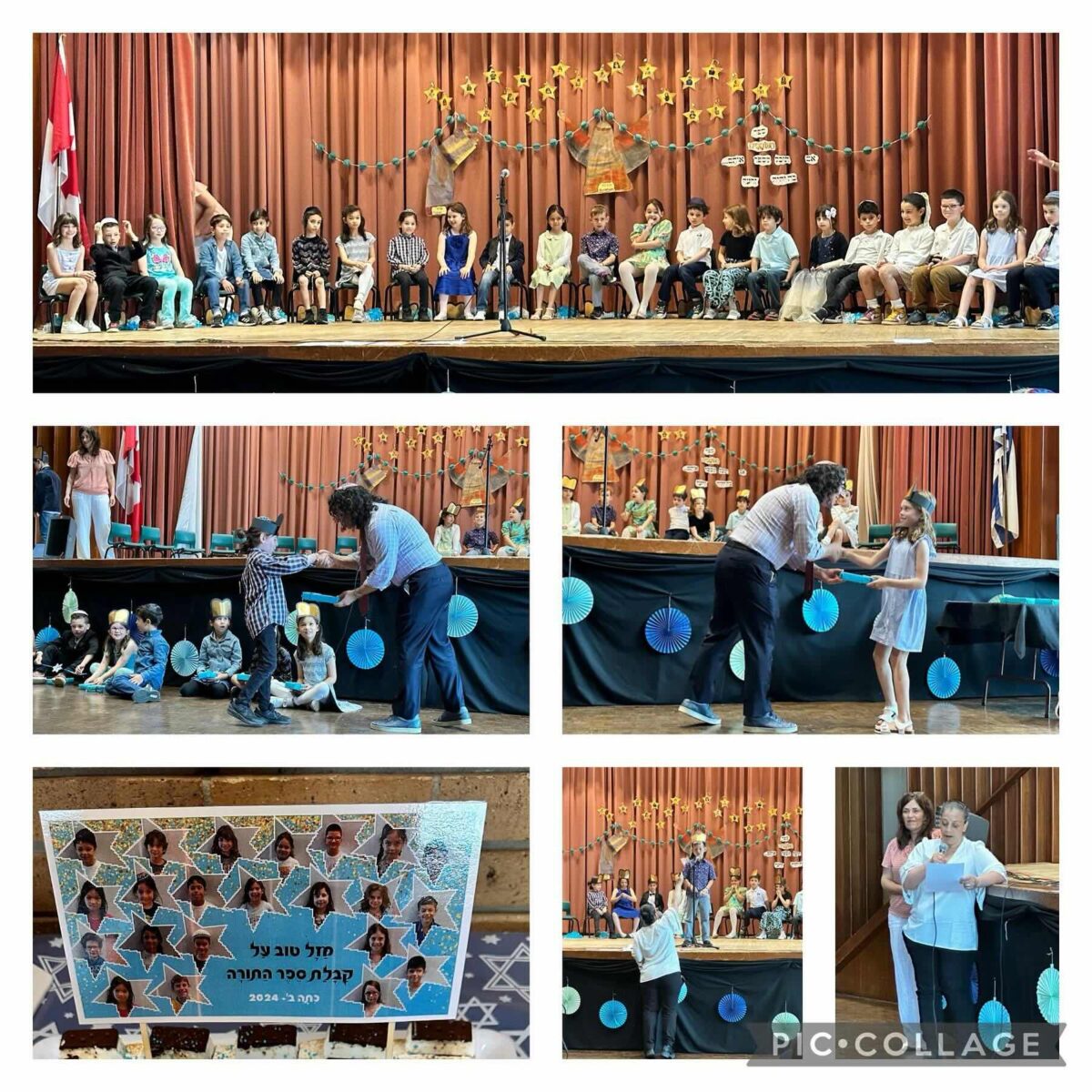
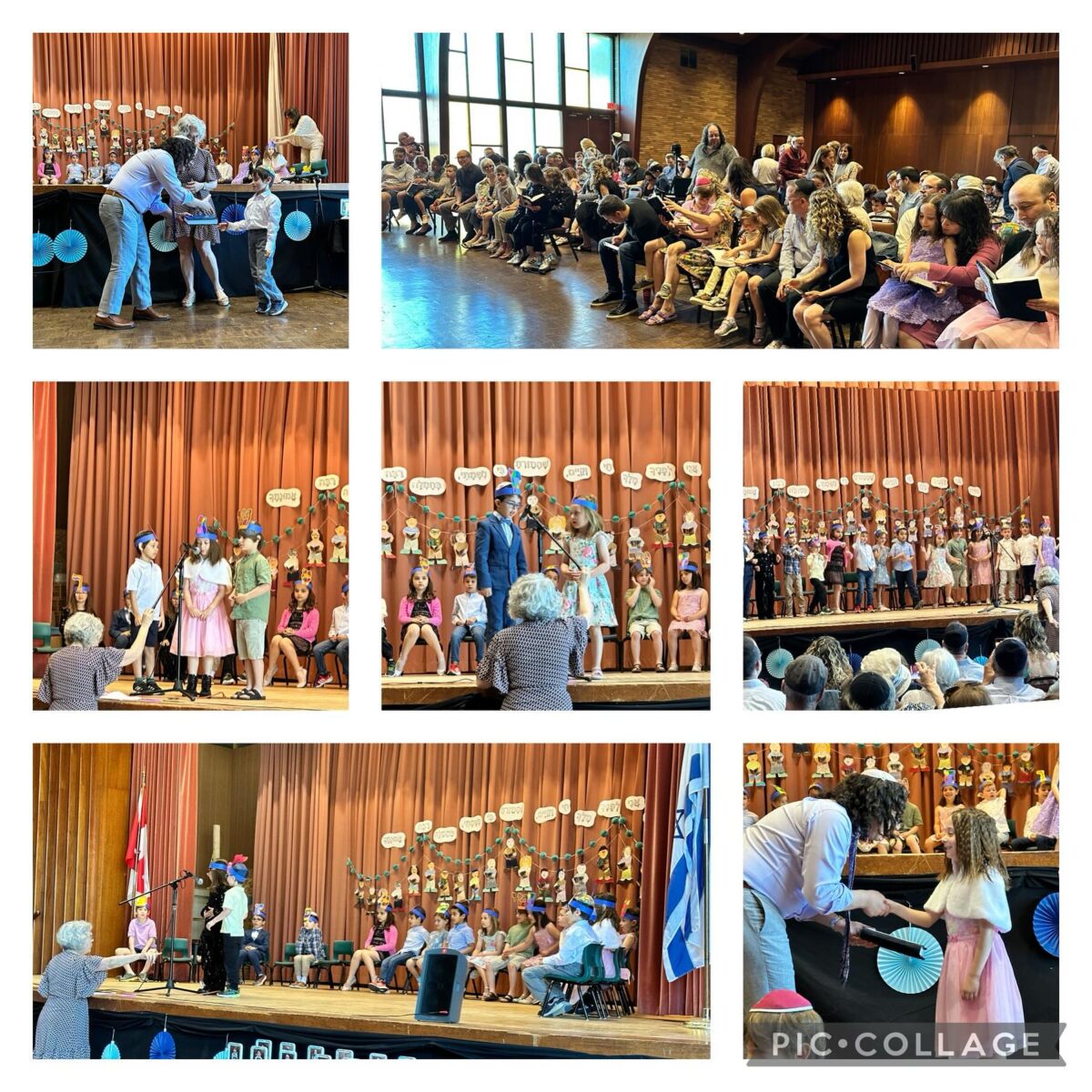

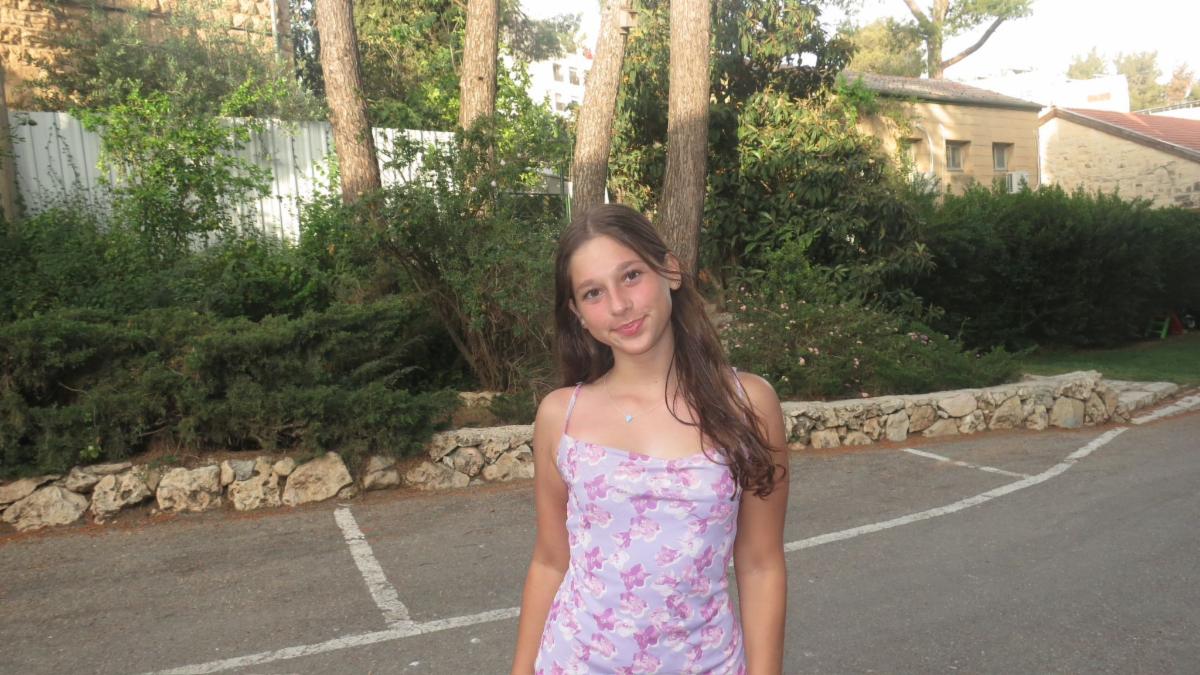
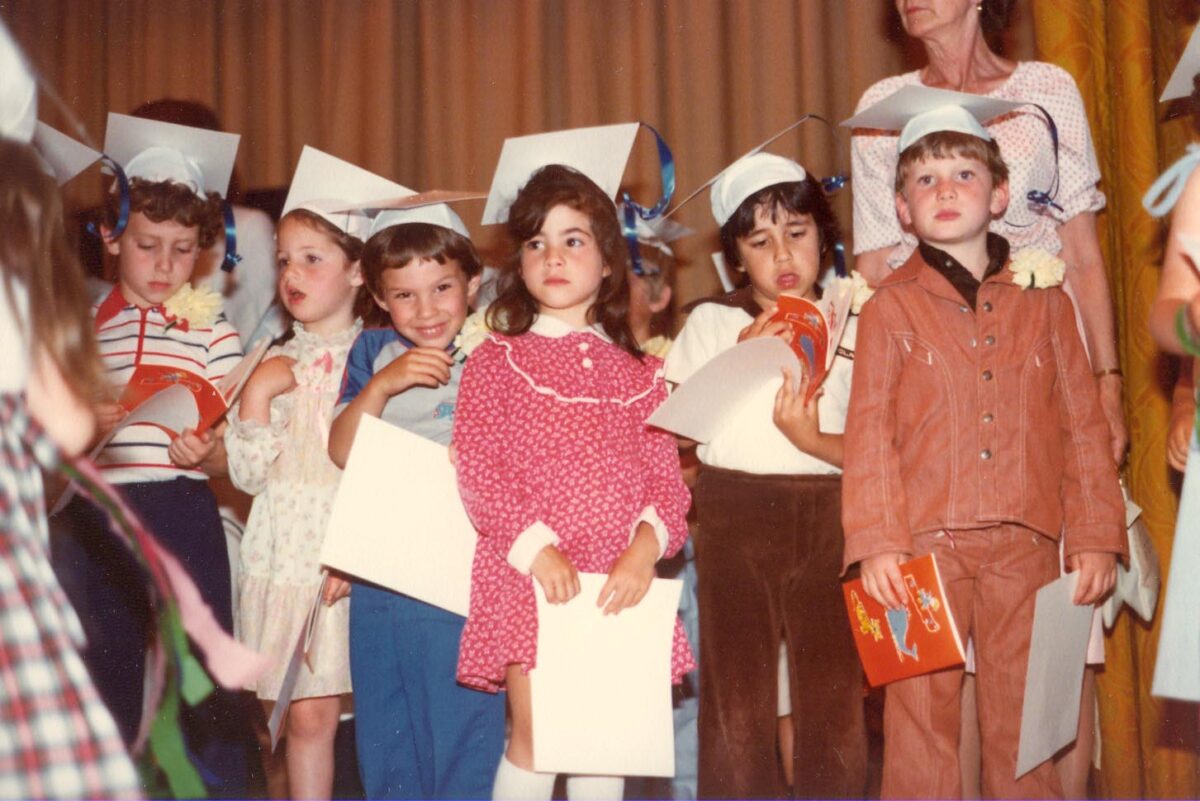
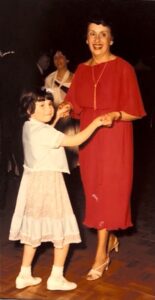 I started at Hillel Academy in 1979 in Nursery, which at the time, was housed at Agudath Israel (now Kehillat Beth Israel) and I danced on the Hebrew alphabet on the floor of the kindergarten room – which I still chuckle because that flooring is still there! In Kindergarten, my teacher was Mrs. Faigel Rosenberg. I remember that I loved Mrs. Roseberg – I adored her. That year, I lost my first tooth and I am sure Mrs. Rosenberg realized I had swallowed it but because she did not want me to feel bad for not having an actual tooth to show for it, she made the whole class look for it. It is not every teacher that would care enough to do that. That same year, my sister and brother had their b’nei mitzvah and my mother said I could invite one friend to the Saturday night party. I chose Mrs. Rosenberg and was thrilled dancing with her. She took the time out of her weekend to be my “date”! That was the start of my experience with Hillel/OJCS teachers and how they treat all their students as extensions of their own families.
I started at Hillel Academy in 1979 in Nursery, which at the time, was housed at Agudath Israel (now Kehillat Beth Israel) and I danced on the Hebrew alphabet on the floor of the kindergarten room – which I still chuckle because that flooring is still there! In Kindergarten, my teacher was Mrs. Faigel Rosenberg. I remember that I loved Mrs. Roseberg – I adored her. That year, I lost my first tooth and I am sure Mrs. Rosenberg realized I had swallowed it but because she did not want me to feel bad for not having an actual tooth to show for it, she made the whole class look for it. It is not every teacher that would care enough to do that. That same year, my sister and brother had their b’nei mitzvah and my mother said I could invite one friend to the Saturday night party. I chose Mrs. Rosenberg and was thrilled dancing with her. She took the time out of her weekend to be my “date”! That was the start of my experience with Hillel/OJCS teachers and how they treat all their students as extensions of their own families.